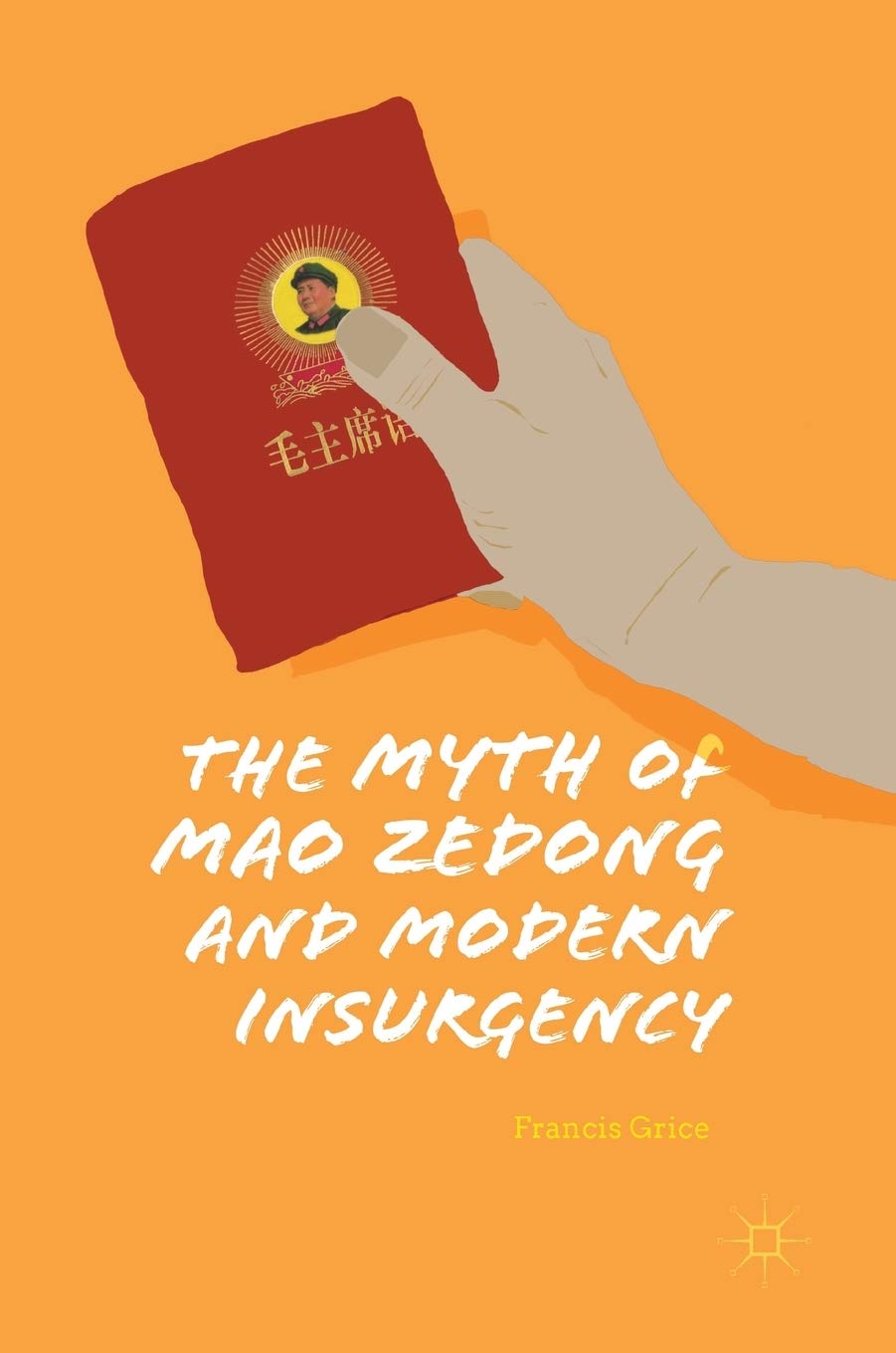
Conformity holds no value if your aim is to transform the world and enhance its condition.
In a society where the urge to conform can feel insurmountable, some opt for an alternative route, one characterized by uniqueness, bravery, and a determination to effect genuine change. These people realize that to alter the world, authentic defiance against conventional norms is not merely advantageous but essential. As we examine the significance of non-conformity, it’s vital to acknowledge that being a rebel goes beyond mere surface-level resistance; it is about a deep-rooted dedication to challenge and improve for the common good.
What defines a rebel in my view?
A genuine rebel personifies a distinctive combination of attributes and situations. This isn’t merely about adolescent rebellions concentrated on self-discovery; it pertains to transformative upheavals. Unlike the young rebels who frequently find themselves adrift and self-destructive, a genuine rebel acts selflessly, risking their safety for the benefit of others.
Here are the characteristics that define a rebel in my opinion:
1. They surpass the confines of their own life situations.
2. They confront rejection, hurdles, and potential backlash directly.
3. They resist entrenched power dynamics.
4. They question existing paradigms of social organization.
5. They challenge the established status quo upheld by the affluent and powerful.
6. Their pursuit of a better world endangers them directly.
This comprehensive list encompasses environmental advocates, peace promoters, workers in refugee settings, and spiritual figures who defy the norm and foster significant change. Figures like Jesus and Buddha, for example, were rebels in their own sense. They contested societal norms and embarked on journeys fueled by deep spirituality and universal connectedness, ultimately reshaping the trajectory of human history and thought.
Neither Jesus nor Buddha sought to establish religions; their goal was to revolutionize human relationships and advocate for a world where understanding, happiness, and love flourished. Despite their initial aspirations, organized religions arose posthumously, often obscuring the core principles these leaders championed.
Betrayal of the founders
As time progressed, the original messages of these rebels became eclipsed by conformity—an ironic development as followers established hierarchies and fragmented into sects, each asserting the ‘true’ path. The core of the teachings, intended to direct both personal introspection and communal practices, became diluted as systems tried to confine them within regulations and norms.
This pattern recurs: an enlightened individual shares wisdom, and humanity complicates it, losing sight of the original message in favor of crafting narrow, defined paths that frequently contradict the very rebellious spirit that sparked the change. However, those courageous enough to question societal norms often encounter rejection today, much as Jesus and Buddha did in their eras.
Both figures opposed oppressive, patriarchal systems, promoting inclusion and equality. They dismissed societal hierarchies, welcoming outcasts and advocating for universal compassion. Their legacies urge us to critically analyze existing frameworks. If compassion and understanding are central to their teachings, should we not support rule-breakers whose intentions resonate with these ideals for a greater cause?
It may be time to reconsider the guidelines, recognizing the potentially noble aspirations of modern rebels who dare to disrupt a stagnant society. While they might not be equated with historic figures like Jesus or Buddha, their commitment to societal improvement may offer essential insights and possibly the change necessary for a brighter, more inclusive future.